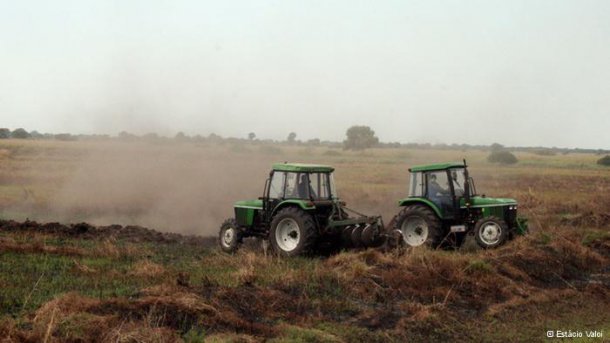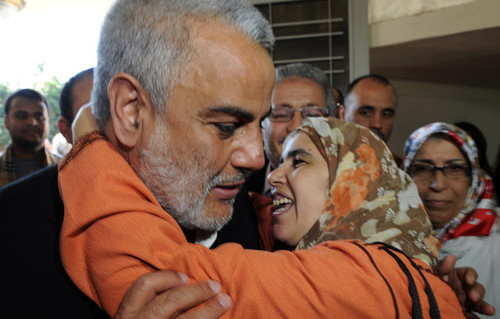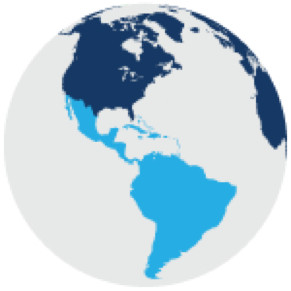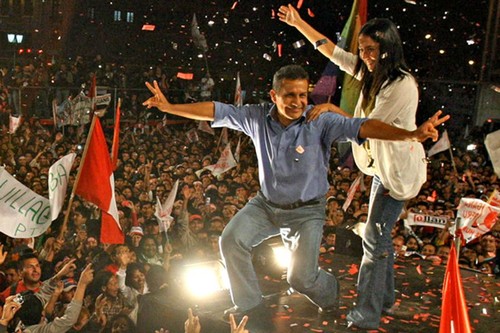Moçambique tem a terra no centro da questão
Publicado3 Ago 2013

Com eleições autárquicas marcadas para 20 de Novembro deste ano, Moçambique vive um clima de intensidade política, com diferentes questões e muitos atores em cena. O programa Prosavana, que altera a propriedade da terra, é uma das questões centrais com que o governo, o actual e o futuro, terá que lidar.
"A parceria fechada entre os governos de Moçambique, Brasil e Japão há quatro anos poderá mudar radicalmente a vida de 4 milhões de pequenos produtores rurais moçambicanos, mas ainda não existe clareza sobre os benefícios para a população – o que faz com que especialistas e a sociedade civil do país vejam o megainvestimento com desconfiança e apreensão.
Culturas de soja, projetos de reflorestamento com impacto social negativo, casos de expropriação e vastas produções de algodão para exportação já existentes em Nacala também embasam a tensão provocada pelo programa."



